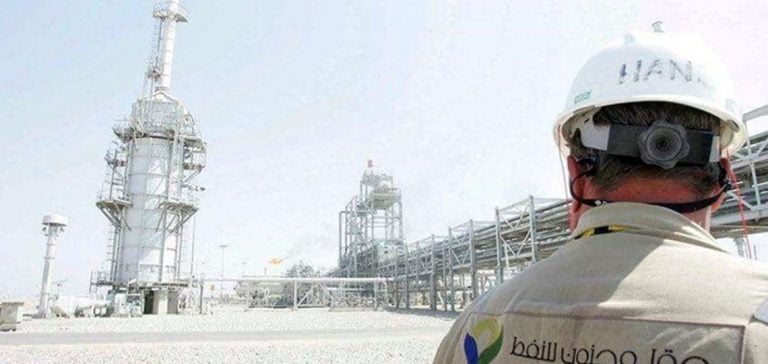Iraq will contract with Kazakhstan for the supply of natural gas, according to Ali Shaddad, spokesperson for the parliamentary committee on oil, gas, and natural resources. This initiative aims to provide up to 20 million cubic meters of gas to remedy the gasoil shortage that has left many service stations in the central provinces without fuel.
Gasoil Shortage in Iraq
This energy crisis has been exacerbated by a summer heatwave that led to a 20% increase in electricity consumption, putting unsustainable pressure on Iraq’s electrical grid. Additionally, the general management of the oil distribution company announced that the gasoil reserves intended for power plants had been depleted due to the annual maintenance of the Karbala refinery and encountered technical issues.
Urgent Call for Gasoil Imports
In response to this situation, sources from the Ministry of Oil and the state distributor SOMO revealed that the ministry has ordered SOMO to launch an urgent tender for the import of 150,000 metric tons of gasoil, divided into three lots of 50,000 metric tons each. This measure aims to alleviate the current crisis and ensure a continuous fuel supply for power plants.
Limited Capacity of Kazakhstan
However, Kazakhstan itself is facing a tight gas balance. Gas industry development plans laid out in 2021 have reduced the amount of gas available for export by 60%. In 2023, Kazakhstan’s gross gas production reached 59.1 billion cubic meters, an increase of 10% compared to 2022. Despite this, commercial gas production has remained essentially stagnant over the past eight years, and analysts at S&P Global Commodity Insights predict that 2024 will be no different.
Impact on Exports to China
China represents an important export market for Kazakh gas, generating substantial revenues. However, in the first half of 2024, exports to China decreased by about a third compared to the previous year, reaching 1.08 billion cubic meters, with revenues dropping from $420.5 million to $273.3 million.
Electricity Crisis in Iraq
Iraq’s electricity crisis is the result of multiple factors, including persistent technical and commercial losses, financial challenges, high levels of corruption, the aging of some power plants, and deteriorating energy efficiency. To address these systemic issues, the country is striving to add additional capacity to the electrical grid and modernize aging infrastructure.
Reduction of Dependence on Imports
At the end of 2023, the Karbala refinery project was completed, which was crucial in reducing Iraq’s dependence on imports of refined petroleum products. Talib, general director of the oil products distribution company, stated that operating the Karbala refinery and completing refining projects in the northern region have reduced imports of gasoil and kerosene, as well as decreasing the import of improved gasoline from 15 million liters to 7 million liters per day, a reduction of 50%.
Future Perspectives
Currently, Iraq relies on gas imports from Iran, which are subject to US sanctions waivers. Iran was the third-largest dry natural gas producer in the world in 2022, according to the US Energy Information Administration (EIA), but also suffers from frequent power outages. At the beginning of the year, Iraq ceased gasoil imports and reduced gasoline imports by 50%. The country is now working to completely end imports of refined products by 2025.






















